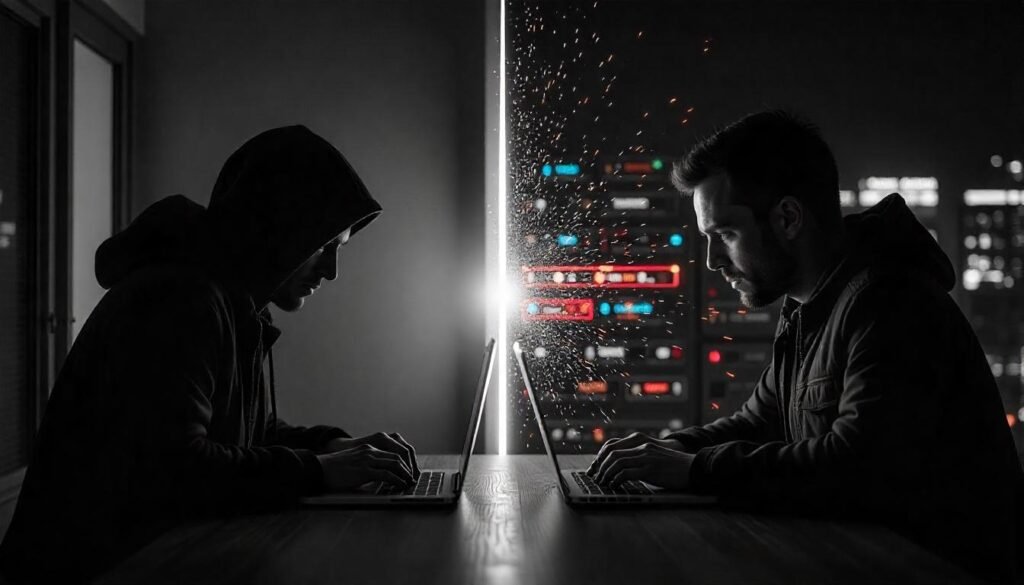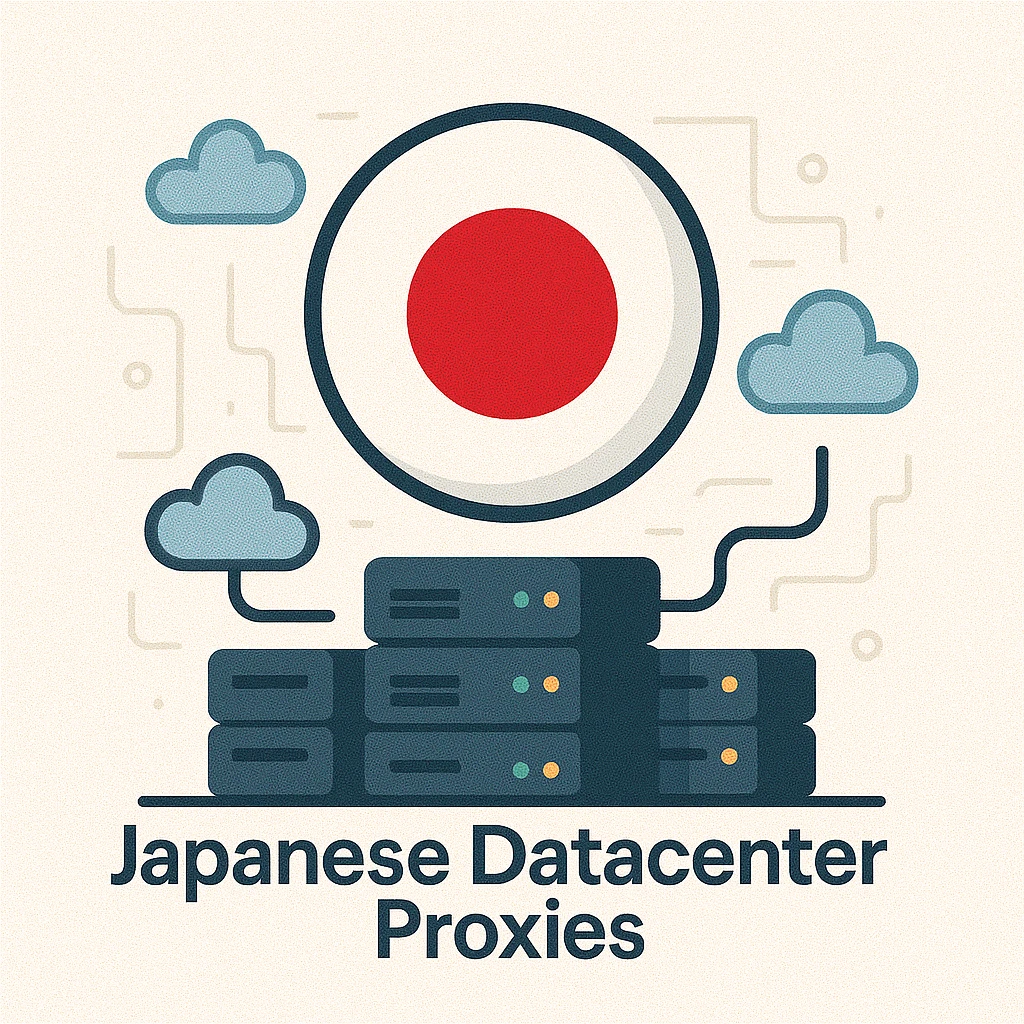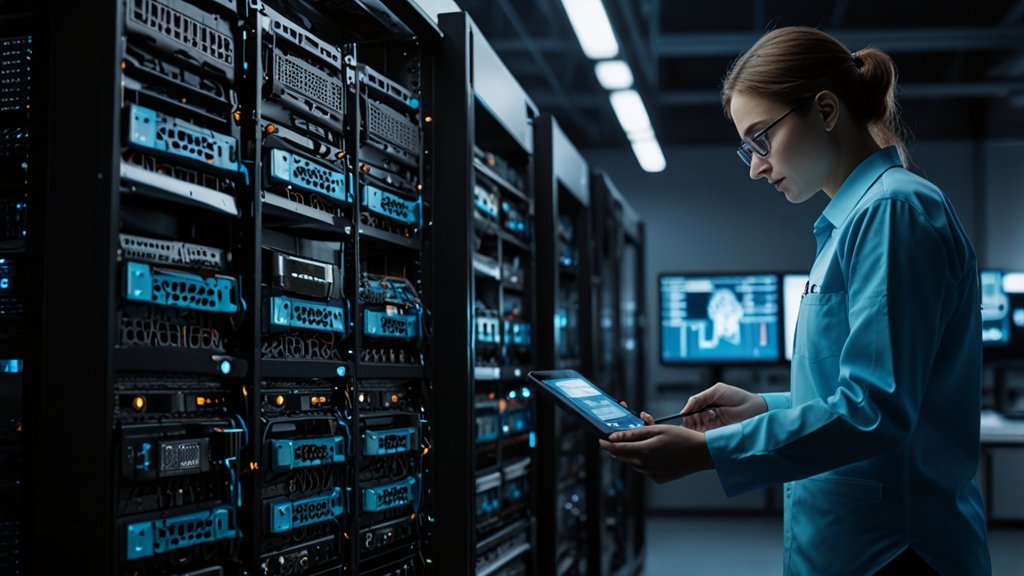Imagine typing a website URL and instantly being blocked. No explanation, no warning—just a cold error message. That’s the power of an IP address like 185.63.253.300. While this specific sequence isn’t valid (more on that later), it represents a universal truth: your digital identity hinges on these cryptic numbers. Let’s decode what they mean for your privacy, security, and the future of tech.
Why IP Addresses Are More Than Just Numbers
IP addresses act as digital passports, assigning unique identifiers to every device online. But 185.63.253.300 has a flaw: its final segment (300) exceeds the maximum value of 255, making it invalid. This highlights a critical lesson—precision matters in tech. Let’s break down why:
Anatomy of an IP Address
- Format: Four octets (e.g., 192.168.1.1), each ranging from 0–255.
- Purpose: Routes data between devices and identifies locations.
- Types: IPv4 (32-bit, limited supply) vs. IPv6 (128-bit, near-unlimited).
IPv4 vs. IPv6 Comparison
| Feature | IPv4 | IPv6 |
|---|---|---|
| Address Length | 32-bit (4.3B unique) | 128-bit (340 undecillion) |
| Security | Basic | Built-in encryption |
| Adoption Rate | 94% of websites | Growing rapidly |
The Danger of Invalid IPs: Myths vs. Reality
You’ll never encounter 185.63.253.300 in the wild—it’s like a typo in a phone number. But fake or mismatched IPs can still pose risks:
- Phishing Scams: Hackers mimic valid IPs to trick firewalls.
- Geo-Blocking: Streaming services block invalid IP ranges.
- Data Corruption: Misrouted information disrupts workflows.
Pro Tip: Use tools like IPinfo or WhatIsMyIPAddress to verify your IP’s legitimacy.
How to Protect Your Digital Footprint
Your IP reveals your location, ISP, and browsing habits. Here’s how to shield it:
Step 1: Invest in a VPN
A Virtual Private Network masks your IP, replacing it with one from a server elsewhere. For example, connecting to a VPN in Tokyo could make your traffic appear Japanese.
Step 2: Enable Firewall Protections
Firewalls filter suspicious IP traffic. Configure settings to block unrecognized addresses.
Step 3: Regularly Update Software
Outdated systems are vulnerable to IP spoofing attacks. Enable automatic updates.
The Future of IP Management

With IPv4 addresses nearly exhausted, IPv6 adoption is accelerating. Companies like Google and Facebook already use IPv6 to handle billions of users. Expect:
- AI-Driven Security: Machine learning detecting IP anomalies in real-time.
- Decentralized Networks: Blockchain assigning tamper-proof IPs (yes, really).
3 Actionable Takeaways
- Audit Your IP: Verify its validity and security settings today.
- Go Stealth: Use a VPN for sensitive transactions.
- Stay Updated: Follow IPv6 trends to future-proof your tech.
You May Also Like: .ydesi Domains and File Format Explained for the South Asian Community
Conclusion
IP addresses like 185.63.253.300 remind us that even small tech details shape our digital lives. By staying curious and proactive, you’ll navigate the web not as a passenger—but as a pilot.
FAQs
Can someone track my exact location via my IP?
Roughly, yes—but only your city/ISP. Precise addresses require legal warrants.
Why is 185.63.253.300 invalid?
The last number (300) exceeds the 0–255 range. Valid example: 185.63.253.255.
Does a VPN make me 100% anonymous?
No—it adds a layer of privacy, but advanced tracking methods exist.
How do I check if my IP is leaking?
Visit DNSLeakTest.com or IPLeak.net for free scans.
Will IPv6 replace IPv4 completely?
Eventually, but the transition may take decades due to legacy systems.











